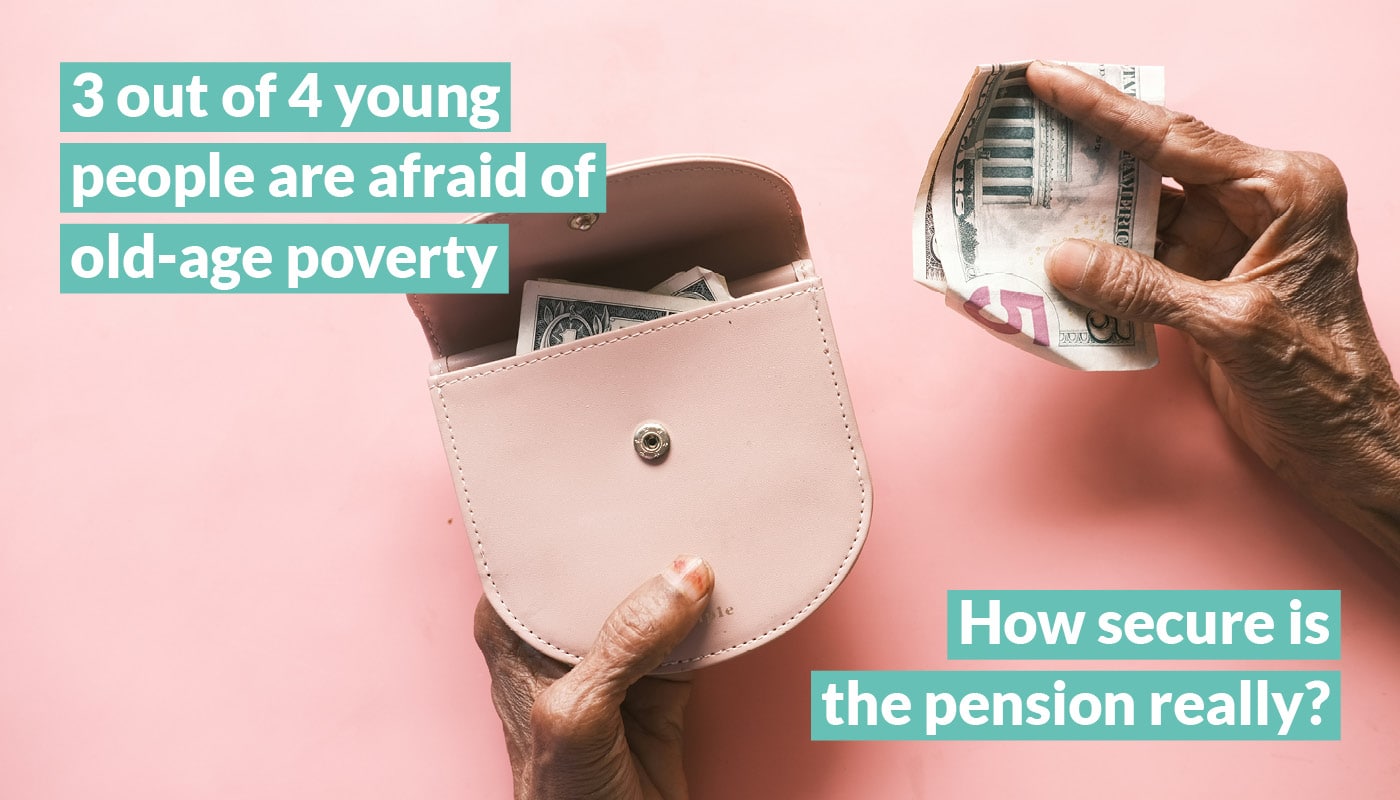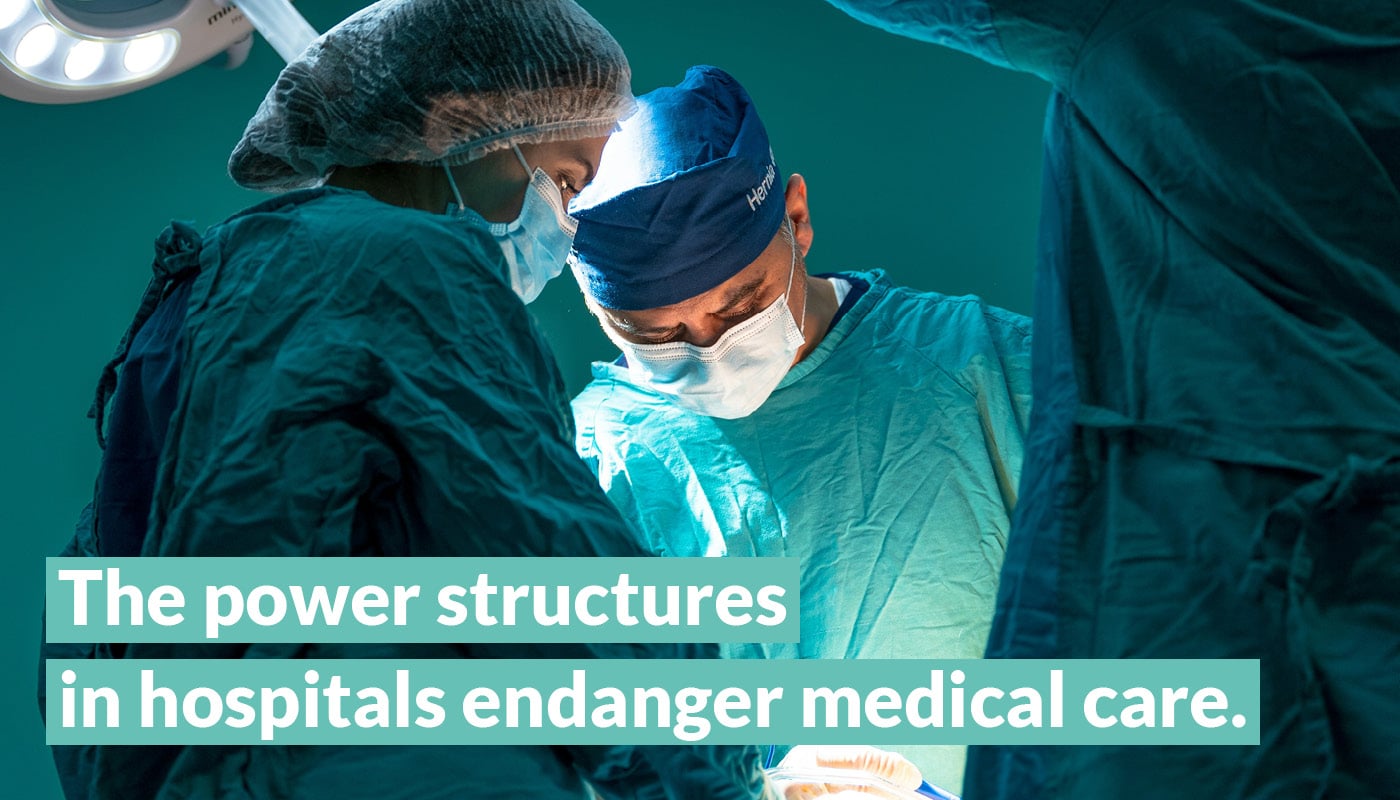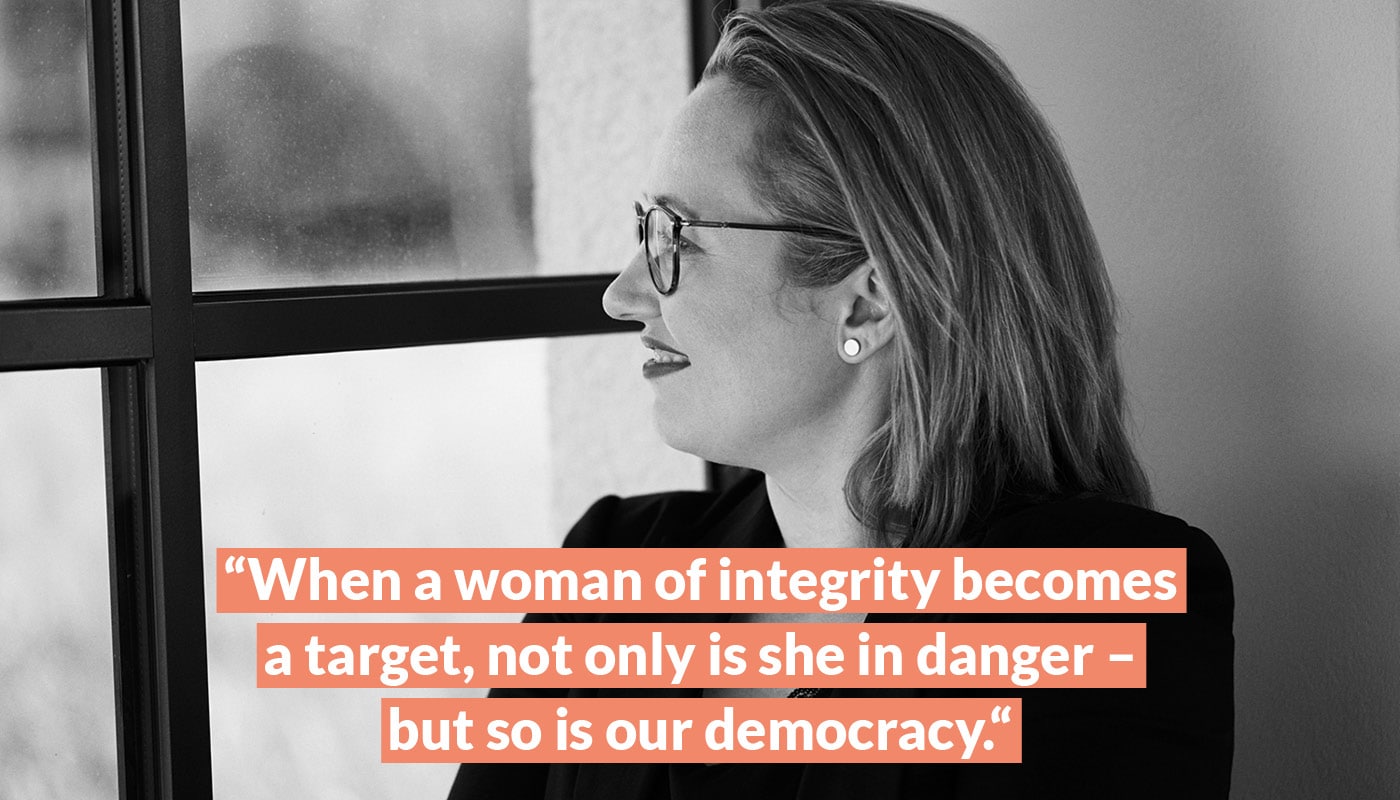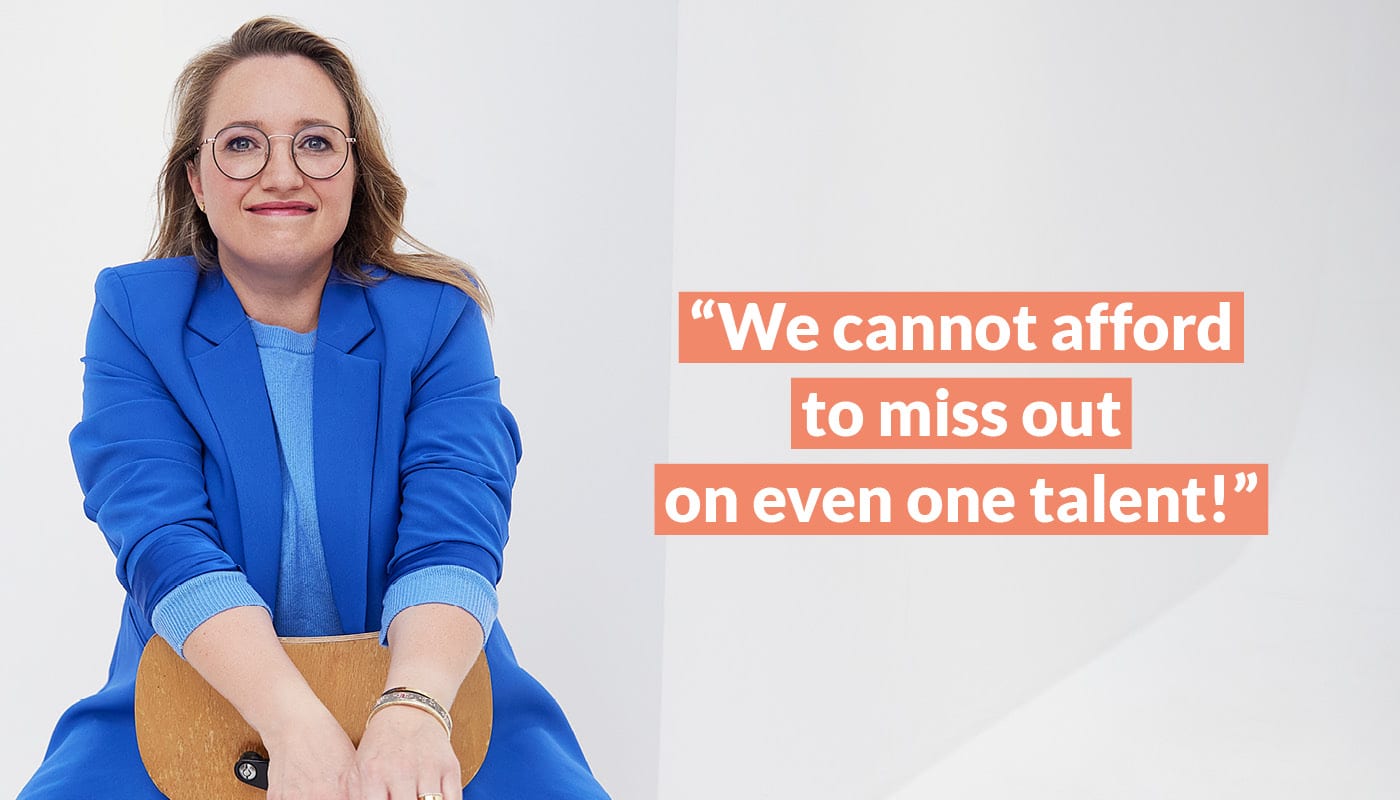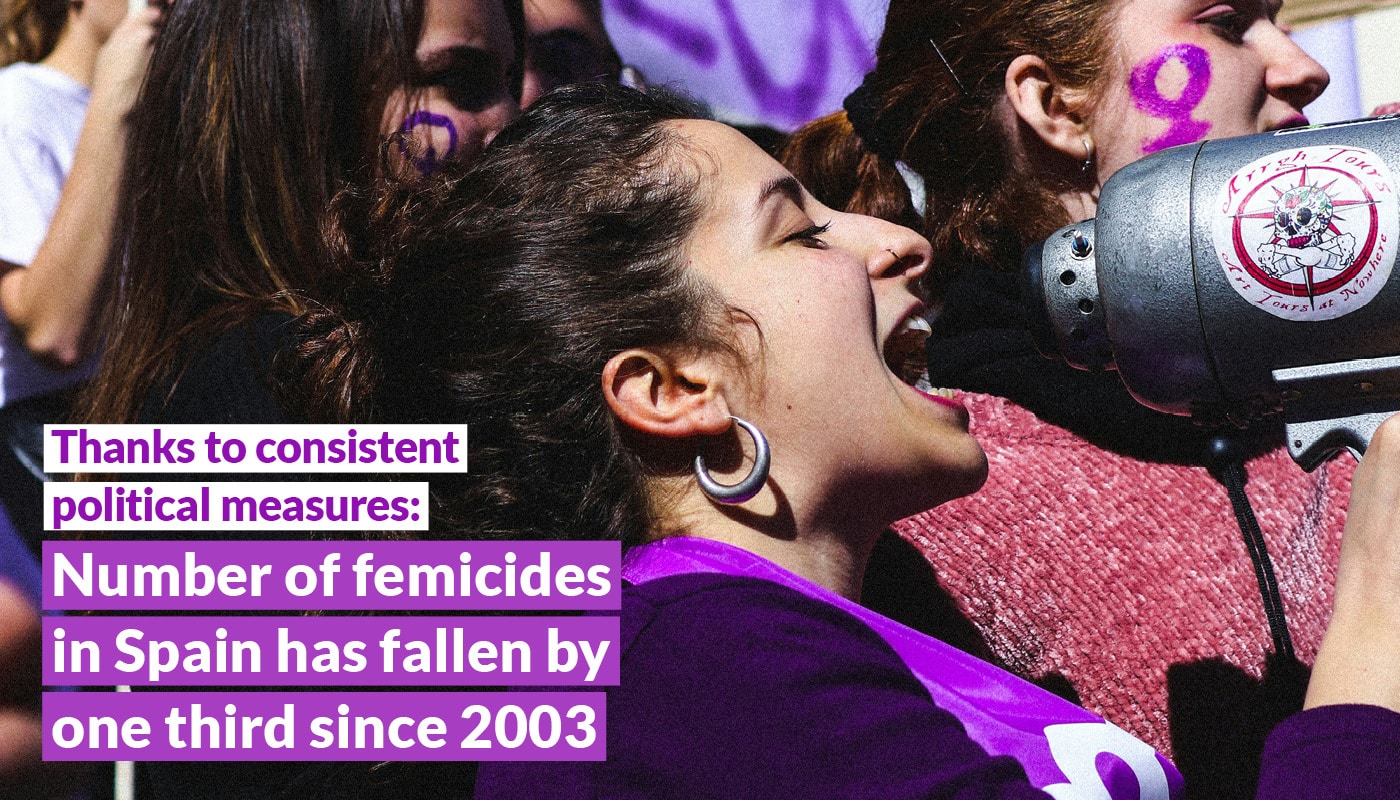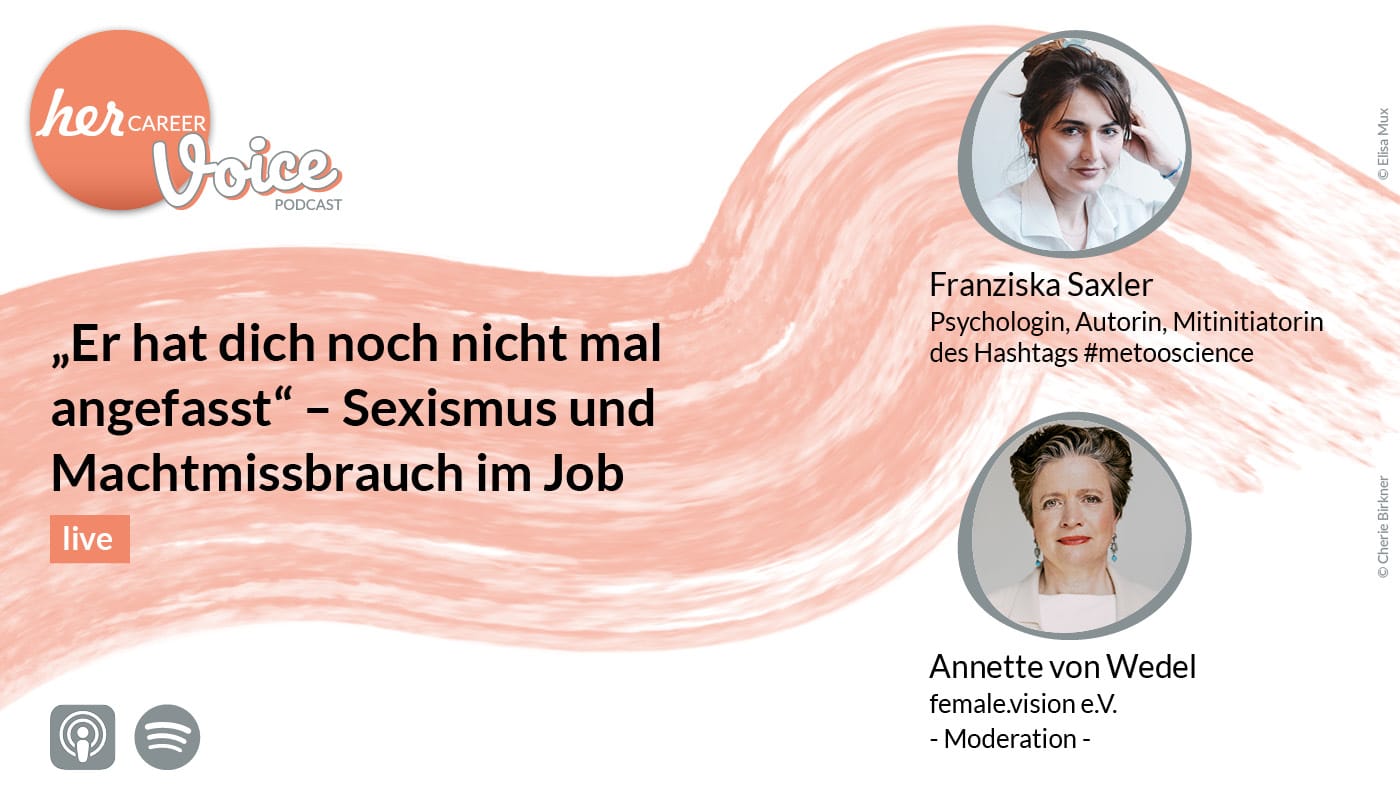The economy in Germany is stagnating, teetering on the edge of a downward spiral, and falling behind internationally. This is how recent press reports sound.
In the spring, economic institutes were still predicting minimal growth. However, in their autumn report, they forecasted that Germany’s economic output would shrink by 0.1% in 2024. Meanwhile, the economies of other countries in Europe, Asia, and North America have been growing again since 2023, according to the Süddeutsche Zeitung.
It is well known that psychology plays a role in economic developments—and therefore the general mood in society. The stronger the overall pessimism, the harder it becomes to return to an upward trend.
A lot is at stake, writes Robert Habeck on the website of the Federal Ministry for Economic Affairs and Climate Action. “We need to flip the switch. (…) We must now summon the will, skills, and resources to make the German and European economies globally competitive and to manage the transition to climate neutrality. (…) Germany needs a strong modernization push.”
A turning point in economic policy is necessary, with investments in renewable energy, networks, transportation, and education, says Sebastian Dullien, director of the Institute for Macroeconomics and Economic Research, according to SZ.
“Sowing today what will grow tomorrow” is the title of a lecture by Univ.-Prof. Dr. Marion A. Weissenberger-Eibl at the Munich Management Colloquium 2024: “To tackle the great challenges of our time, collaboration between all societal subsystems is needed, and on equal footing. The economy, science, civil society, and politics are all responsible for proactively advancing the necessary transformation processes—towards a sustainable and digital future. (…) The key to transformation is #innovation. To systematically promote this, we must invest in the creation of innovation ecosystems. While large and resource-rich companies, in particular, are called upon to initiate such innovation networks, the state’s role as an enabler is to improve the conditions of these ecosystems (e.g., through infrastructure investments) and to eliminate existing innovation barriers (e.g., bureaucracy).” Science and civil society must be involved from the outset.

Posted by Natascha Hoffner, Founder & CEO of herCAREER, WiWo columnist, LinkedIn TOP Voice 2020, W&V 2019 – 100 Köpfe
published on LinkedIn on 12.10.2024
References:
- https://www.sueddeutsche.de/wirtschaft/wirtschaft-konjunktur-deutschland-herbstgutachten-lux.FkHCqKUpz6aDZwh57pxUA9
- https://www.bmwk.de/Redaktion/DE/Pressemitteilungen/2024/09/20240911-zitat-habeck-lage-wirtschaft.html
- More details about the discussion at the herCAREER Expo organized by Generation CEO e.V. can be found here: https://www.her-career.com/pvortrag/veraenderung-als-chance-oder-warum-pessimismus-nur-eine-andere-form-der-faulheit-ist-hercareer-expo-2024/



